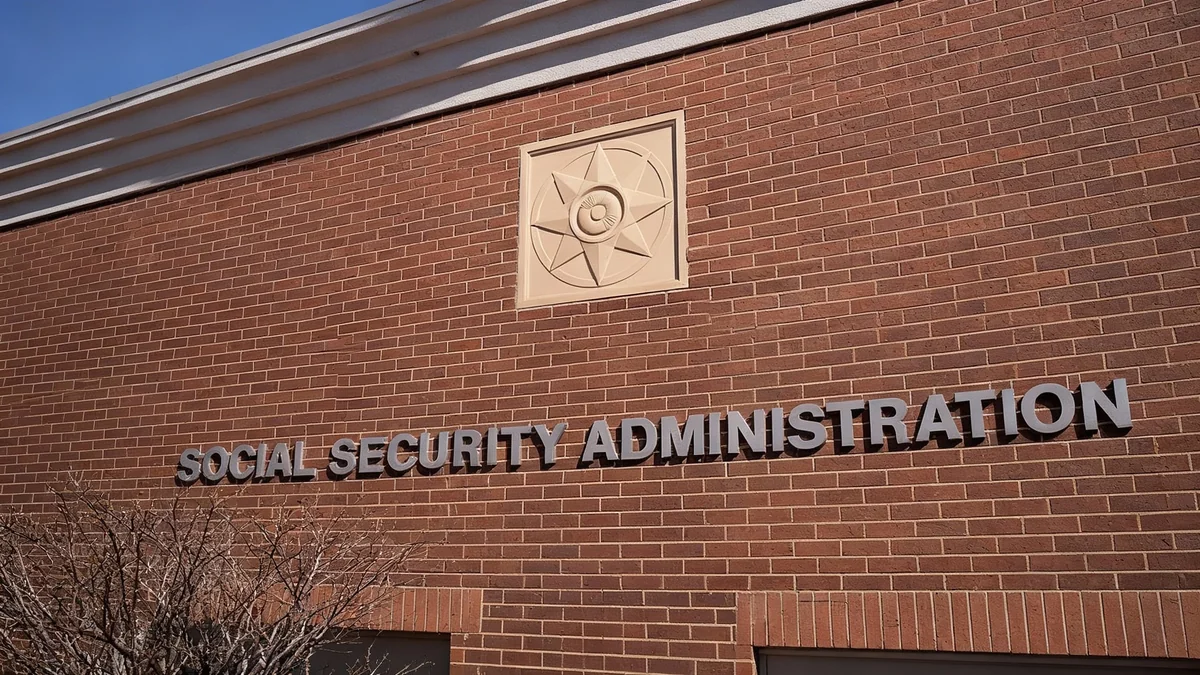A coalition of six major public-sector unions in Ohio has been established to protect retirement benefits for public workers. The group, named the Ohio Public Pension Coalition, was formed in response to recent legislative actions at the Statehouse that union leaders describe as significant threats to the state's public retirement systems.
Key Takeaways
- Six major Ohio public-sector unions have launched the Ohio Public Pension Coalition.
- The coalition aims to protect retirement benefits against what it calls growing attacks from state legislators.
- Key concerns include House Bill 473, which would ban employer-paid pension contributions, and a budget amendment that altered the State Teachers Retirement System (STRS) board.
- Union leaders argue these measures undermine the ability to attract and retain public employees, while proponents cite a need for greater transparency in compensation.
New Coalition Aims to Defend Worker Retirement Security
Six of Ohio's most prominent public-sector unions have joined forces to create a new advocacy group, the Ohio Public Pension Coalition. The alliance was formed to address what its members see as an increasing number of legislative challenges to the retirement security of public employees across the state.
The coalition represents a broad cross-section of Ohio's public workforce, including educators, law enforcement, firefighters, and other government and school employees.
The founding members of the coalition are:
- Ohio Federation of Teachers
- Ohio Education Association
- Fraternal Order of Police
- Ohio Association of Professional Firefighters
- AFSCME Ohio Council 8
- Ohio Association of Public School Employees
"This coalition will highlight the many ways that hard-earned retirement income strengthens our economy and supports local communities," said Ohio AFL-CIO President Tim Burga. "Every worker deserves to retire with dignity, and we are here to remind legislators of the promises made — and of the contributions and sacrifices workers have made to earn that right.”
Legislative Proposals Trigger Union Response
The formation of the coalition is a direct response to several recent actions by Ohio lawmakers. Union leaders have identified a pattern of legislative moves they believe could weaken the state's public pension systems. These actions have created a contentious environment between public employee representatives and some state legislators.
The Debate Over Pension Pickups
A primary point of conflict is House Bill 473 (HB 473), a proposal that would prohibit public employers from paying any portion of an employee's mandatory pension contribution in future contracts. This practice is commonly known as a "pension pickup."
What Are Pension Pickups?
In Ohio, public employees are required to contribute a percentage of their salary to their pension fund. A "pension pickup" is a contractual agreement where the employer agrees to pay, or "pick up," some or all of that employee contribution. It is used as a negotiating tool for employee compensation packages.
Supporters of HB 473, including its sponsor Rep. Dave Thomas, an Ashtabula County Republican, argue the bill is about transparency. They contend that pension pickups obscure the true total compensation of public employees, making it difficult for taxpayers to understand the full cost.
For example, a school superintendent with a listed salary of $200,000 might receive an additional $20,000 or more in the form of a pension pickup, a cost not immediately apparent in salary figures alone. Proponents say banning this practice would make compensation packages clearer.
Union leaders counter that these agreements are not hidden. They are negotiated as part of collective bargaining agreements, which are approved in public meetings and are available as public records. They argue that eliminating this tool would reduce the flexibility of local governments and school districts to design competitive compensation packages needed to recruit and retain skilled employees.
According to Ohio Education Association President Jeff Wensing, pension pickups are not widespread among teachers, but approximately 20 of the union's member districts currently offer them as part of their contracts.
Controversy Surrounds Teacher Pension Board
Another major catalyst for the coalition's formation was a last-minute amendment added to the state budget over the summer. This provision significantly restructured the board of the State Teachers Retirement System (STRS), one of Ohio's largest public pension funds.
The amendment removed several elected teacher representatives from the board and replaced them with political appointees. This change resulted in elected members becoming a minority on the board that oversees their own retirement funds, a unique situation among Ohio's pension systems.
Republicans who supported the change said it was necessary to reform the board, citing years of internal disputes and allegations of mismanagement. They positioned the move as a step toward improving oversight and governance of the fund.
Legal Challenge and Ongoing Concerns
Teachers' unions strongly opposed the measure, arguing it unfairly targeted educators and diminished the voice of active and retired teachers in the management of their pensions. They claim it makes the STRS board less accountable to the members it serves.
In response to the law, a legal challenge was filed. In September, a Franklin County judge issued an order that temporarily blocked the new law from taking effect, placing the board's new composition on hold pending further legal review.
Beyond these specific issues, the coalition is also monitoring Senate Bill 69 (SB 69). This bill currently serves as a placeholder, signaling lawmakers' intent to introduce broader legislation to “reform the law governing the state’s public retirement systems.” The vague nature of this bill has added to the unions' sense of urgency, as it could become a vehicle for more sweeping changes to the pension systems in the future.
The Ohio Public Pension Coalition has stated its goal is to engage with lawmakers and the public to ensure that the state honors its commitments to public servants and that the retirement systems remain stable and secure for future generations.





